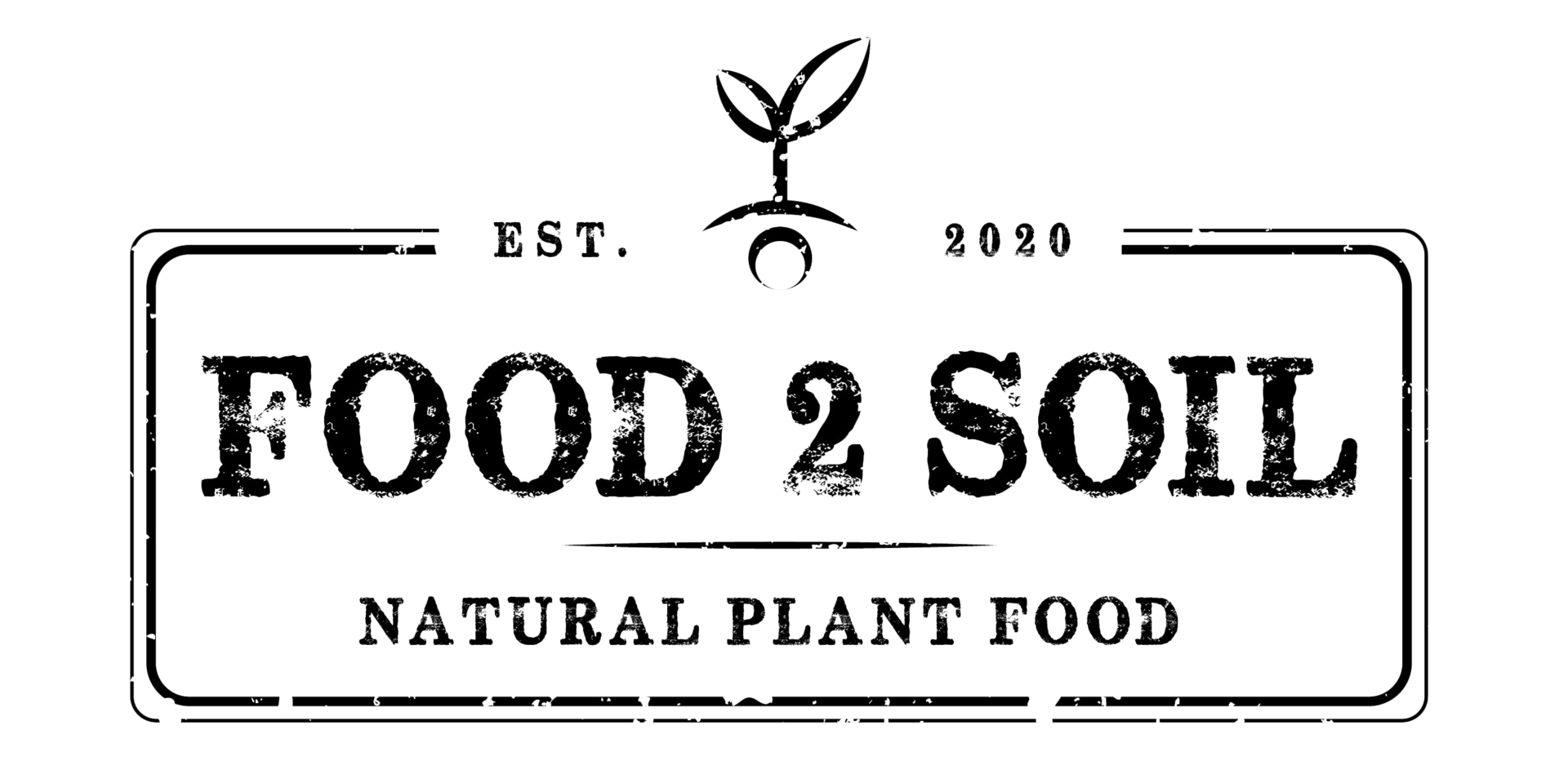Read on to find out what ‘pH’ actually means and all the ways in which pH can affect your soil and plants along with some of our helpful tips on how to get the pH you need for a thriving garden!
What is Soil pH?
So, basically, pH is a measure of how acidic or alkaline something is. The range goes from 0 – 14, with 7 being neutral. pHs less than 7 indicate acidity, on the other hand a pH of greater than 7 shows an alkaline (base).
To make life easy for us non-scientists, they have been colour coded into the red for acidic, heading through yellow to green at a neutral pH and into the blues and violets for alkaline.
So, if you have a soil pH of 5 then your soil is acidic and you need to remedy the situation and if you have a pH of 8, then you also have to make some changes to your soil’s pH. You are aiming for a pH of between 5.5 to 7.5 as slightly acidic conditions are preferred by most plants. In terms of colour indicators on tests, you are aiming for green to slightly yellow!
How to Test Soil pH?
If soil is too acidic or alkaline, plants will not be able to get all the nutrients they require. It is always a good idea to test pH before you start adding more fertiliser.
You will need a self test pH kit, available at nurseries and hardware stores and follow the product instructions. In most circumstances you will want to aim for a pH between 6-7.
How to Lower pH in Soil?
There are certain plant types that thrive in more acidic conditions, commonly azaleas, rhododendrons, camellias, fruits e.g. berries and even some vegetables such as corn and broccoli.
Soil pH can be reduced by adding compost, manures, leaf litter and mulch. A biologically alive fertiliser like Food2Soil in a stronger concentration will also lower pH, feel free to contact the Food2Soil team to ask more.
In extreme situations, powdered sulfur, aluminium sulfate or sulfuric acid can be used, but don’t overdo it! Usually, one handful per square meter is adequate for 1 year.
It is important to note, most Australian soils tend to be more acidic.
Does Temperature Affect the pH of Soil?
Generally pH decreases with an increase in temperature. But this does not mean water becomes more acidic at higher temperatures. A solution becomes acidic if there is an excess of hydrogen ions over hydroxide ions.
However the pH of newly formed soils is determined by the minerals of the parent material. Temperature and rainfall affect the intensity of leaching and the weathering soil minerals. In warm humid environments, soil pH decreases over time through acidification due to leaching from high rainfall.
How to Increase pH in soil?
Most Australian soils are more acidic than alkaline. Soil generally needs to be made more alkaline if it is suffering from being too acidic. Good ways to make soil more alkaline are to add sources of calcium such as lime, bone meal, wood ash, crushed oyster shells and egg shells.
Is Alkaline Soil Good?
Alkaline soil is good for plants that love alkaline conditions but almost no plants like extreme pH. It is considered alkaline when it is over a pH of 7 and known as ‘sweet soil’ and the availability of nutrients becomes limited. Some plants that enjoy these conditions are hydrangeas, gardenias, lavender, sweetpea, salvias, clematis, cauliflower, parsley, oregano, celery, cucumber, cabbage, beets, asparagus, dandelions and chickweed.
Is Clay Soil Acidic or Alkaline?
Clay soil is always alkaline to varying degrees.
What Does Lime Do for Your Soil?
Lime is a natural mineral that has an alkaline nature so is used to amend the pH of acidic soils and provide a source of calcium.
How to Add Calcium to Soil?
Calcium can be added to deficient soils in a number of ways; crushed shells in the form of eggshells, crushed oyster shells, lime, gypsum, and bone meal. Wood ash from hardwood fires and diatomaceous earth can also add calcium to the soil but in lesser quantities.
Whenever adding a calcium source to soil be sure to keep in mind your soil pH as most additions of calcium will make the soil more alkaline. In fact, it is common practice to add lime around chook yards to help counter the acidic nature of the build-up of faeces and general chook detritus!
Now that you have the low-down on soil pH you can go out and conquer the world, ok, maybe start with the garden. Enjoy!

